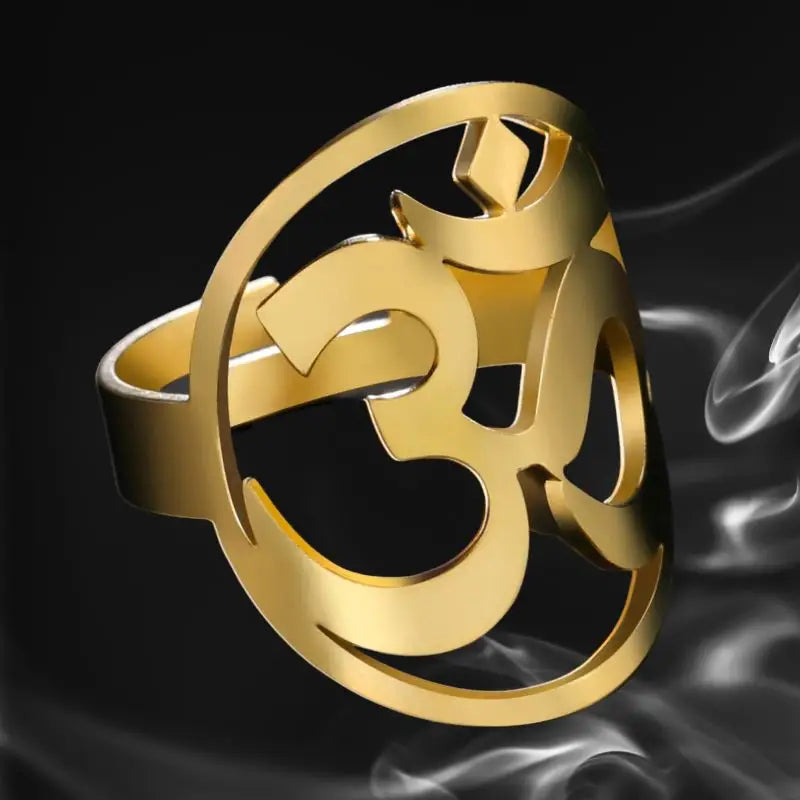After death in Buddhism
After death in Buddhism: Understanding rebirth and karma
Belief in rebirth
The belief in rebirth is central to the Buddhist perspective on death and what happens after. According to Buddhism, death is not the end of life, but rather a transition to a new existence. This belief is based on the concept of rebirth, where the soul or spirit continues to exist and is reincarnated into a new body after death. According to Buddhism, this rebirth is determined by karma, which is the accumulation of a person's past actions.
Buddhism teaches that each person is responsible for their own actions and that karma shapes their future destiny. Positive actions generate good karma and lead to a better existence in the next life, while negative actions create bad karma and can lead to a more difficult existence in the next life.
Karma and rebirth
The concept of karma is closely linked to the belief in rebirth in Buddhism. Karma is considered a force that influences rebirth and determines the circumstances of the next life. According to Buddhism, karma is not only based on a person's actions in this life, but also on past actions and the intentions behind them.
Karma can be considered a kind of natural law that operates in the universe. Positive actions lead to positive consequences, while negative actions lead to negative consequences. Buddhism teaches that each person reaps the rewards of their own actions and that karma is a force that can be changed through positive actions and the practice of meditation and compassion.
The belief in rebirth and karma are fundamental concepts in Buddhism that explain the continuity of life beyond death. These concepts also provide a basis for understanding Buddhist teachings on the nature of reality and the importance of cultivating virtue and wisdom.
Liberation from the cycle of rebirth
While the cycle of rebirth is a reality in the Buddhist perspective, the ultimate goal is to break free from this cycle and achieve the state of Nirvana, which is the cessation of suffering and illusion. Nirvana is considered the ultimate state of liberation and spiritual realization.
Buddhism offers practices and teachings that allow individuals to free their minds and transcend the cycle of rebirth. These practices include meditation, understanding the nature of impermanence, and living a virtuous life.
Liberation from the cycle of rebirth does not mean the annihilation of the soul or spirit, but rather the end of suffering and the incessant cycle of birth, death and rebirth. It is a profound and liberating realization that can be achieved through Buddhist practice and understanding the nature of existence.
The importance of preparing for death
In Buddhism, preparation for death is considered an essential practice to properly prepare for the transition from this life to the next. Death is seen as a time of great vulnerability and uncertainty, and preparation for death can help cultivate a calm, peaceful, and compassionate attitude toward this transition.
Preparation for death in Buddhism involves contemplation of impermanence, recognition of the transient nature of life, and mental preparation for the inevitability of death. This practice also encourages reflection on past actions and karmic consequences, in order to cultivate positive karma that can favorably influence future rebirth.
Meditation on impermanence
Meditation on impermanence is an integral part of preparing for death in Buddhism. This practice involves becoming familiar with the fact that everything in life is transitory and death is inevitable. By meditating on impermanence, one can develop a deeper appreciation for each moment and be less attached to material things.
Meditation on impermanence can also help develop a more detached mindset about death, understanding that it is part of the natural cycle of life. This practice can provide a more peaceful and accepting perspective on death, and help prepare mentally and emotionally for the inevitable transition.
Therefore, meditation on impermanence is considered a valuable practice for preparing for death in Buddhism, in order to cultivate wisdom and inner peace in the face of this inescapable reality.
The importance of awareness and intention
Another dimension of preparation for death in Buddhism is awareness of our actions and intentions. Buddhism emphasizes the importance of a life full of virtue, compassion and kindness towards others. By cultivating positive qualities, we can create positive karma that will influence our future rebirth.
Preparing for death also involves reflecting on our intentions and deep motivations. Buddhism encourages us to cultivate pure, selfless intentions in all our actions, in order to create positive karma and leave a benevolent imprint on the world. This awareness of our intentions can help us live more meaningfully and prepare us for a peaceful and compassionate transition to death.
Conclusion
The Buddhist perspective on death and what happens after emphasizes the belief in rebirth and the karma that shapes our future destiny. Buddhism offers practices and teachings to prepare for death and transcend the cycle of rebirth, with the ultimate goal of achieving the state of Nirvana. Meditation on impermanence, awareness of our actions and intentions, and the cultivation of virtue and compassion are essential aspects of preparing for death in Buddhism. By understanding the nature of reality and practicing these teachings, we can prepare ourselves mentally and emotionally for the inevitable transition of death.













































